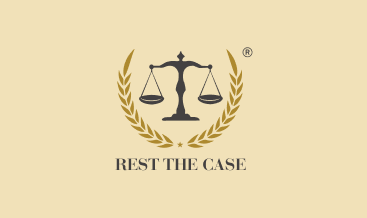Know The Law
DAMAGES

The term damages have not been defined under any law, but the direct and simple meaning damages is the amount of money for which the claimant is entitled to the loss accrued due to the act of wrongdoers or defaulters. The court grants such damages as compensation for the claimant or plaintiff's loss, and the defendant is liable to pay for the same.
DAMAGES UNDER INDIAN CONTRACT ACT
Although under the Indian Contract Act, there is no particular definition of damage or damages, under Section 73 there is a provision for compensation for damages caused by a breach of contract. The party who suffers the damage due to breach of contract is entitled to receive, from the party who has broken the contract, compensation for any loss accrued to him from the breach of contract.
The compensation will be granted for any loss or damage caused to him which naturally arose in the usual course of things from the breach, or which the parties knew, when they made the contract, to be likely to result from the breach of it.
No compensation for any remote or indirect loss or damage sustained by the breach of contract. Furthermore, the grant of damages is compensatory in nature.
CASE LAWS:
COURT HAS THE POWER TO GRANT THE NOMINAL DAMAGES
The Hon’ble Apex Court in the matter of Dwaraka Das vs State Of Madhya Pradesh has laid down the settled principle of law that the court has the discretionary power to grant compensation for damage, when it is found that the plaintiff is entitled to compensation, the court further held that when the breach of contract is held to have been proved to be contrary to law and terms of the agreement, the erring party is legally bound to compensate the other party to the agreement. It will not be justified in disallowing the appellant's claim on account of damages as expected profit out of the contract, which was found to have been illegally rescinded.
COURT CANNOT GRANT COMPENSATION FOR INDIRECT LOSS
The Hon’ble Supreme Court in the matter of M. Lachia Setty & Sons Ltd. Etc. Etc vs The Coffee Board, Bangalore 1981 AIR 162 have laid down the settled principle of law that plaintiff is not entitled to relief against those damages which can be avoided in the daily course of business. The Hon’ble Apex Court held that it is the Plaintiff's duty to mitigate loss. The plaintiff must take all reasonable steps to mitigate the loss he has sustained consequent upon the defendant's wrong, and, if he fails to do so, he cannot claim damages for any such loss that he ought reasonably to have avoided.
The court further held that plaintiff is only required to act reasonably, and whether he has done so is a question of fact in the circumstances of each particular case and not a question of law. He must act not only in his interests but also in the defendant's interests and keep down the damages, so far as it is reasonable and proper, by acting reasonably in the matter.




